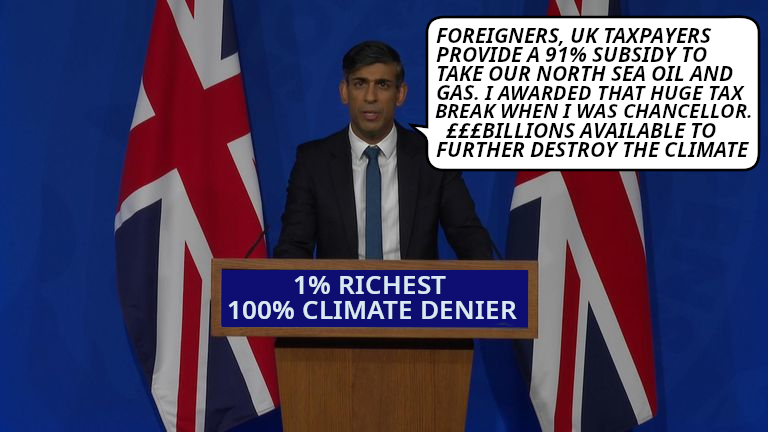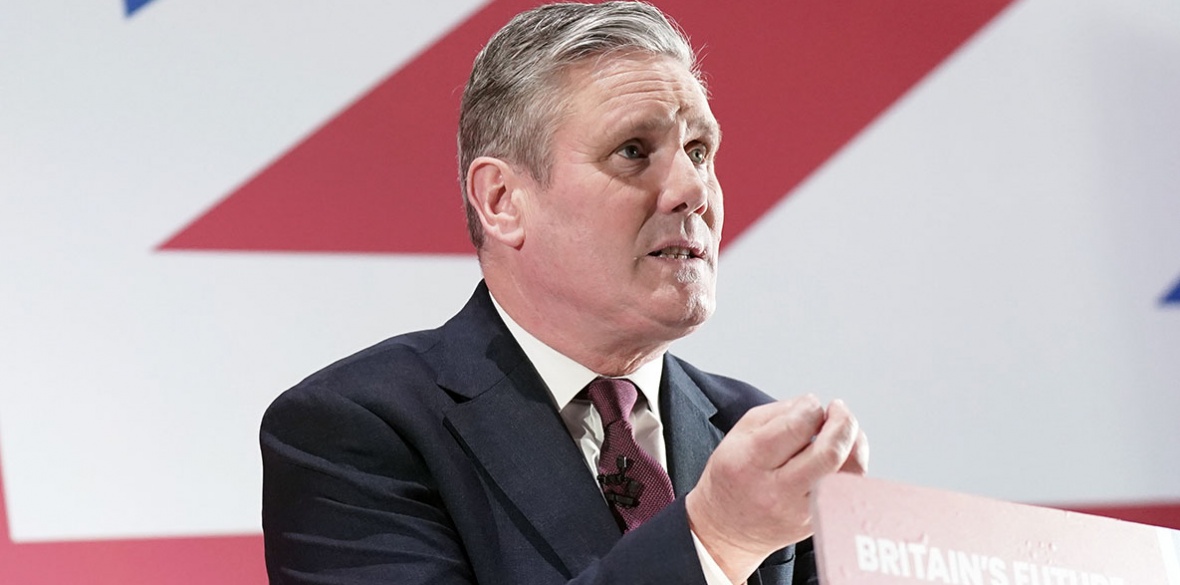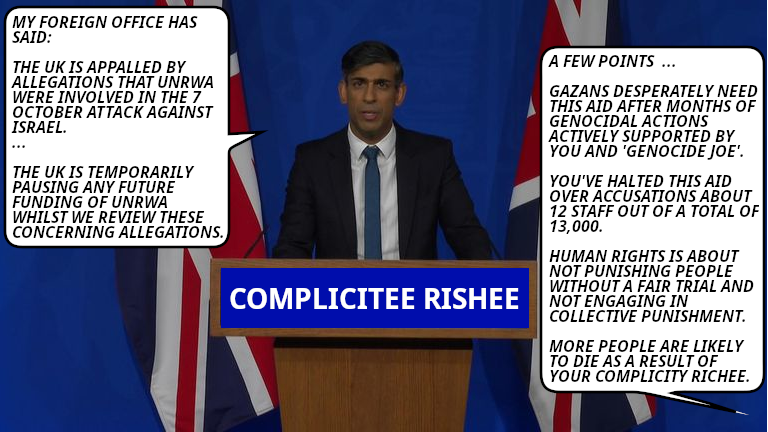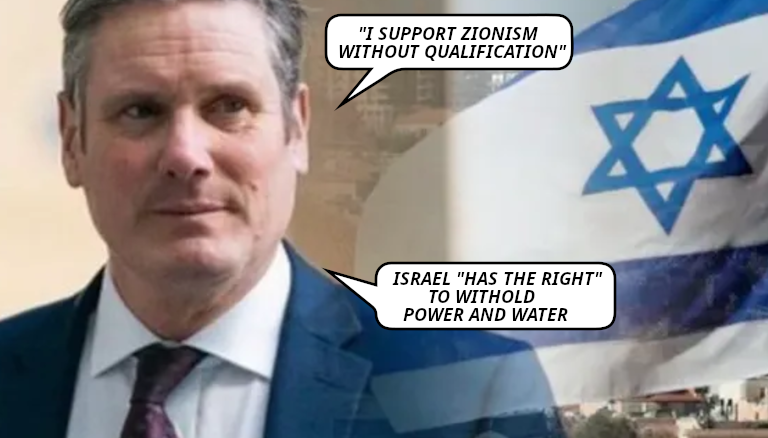UN Chief Says ‘Rules of War’ Being Disregarded From Ukraine to Gaza
Original article by JAKE JOHNSON republished from Common Dreams under Creative Commons (CC BY-NC-ND 3.0).

“Today’s warmongers cannot erase the clear lesson of the past,” said United Nations Secretary-General António Guterres. “Protecting human rights protects us all.”
The head of the United Nations said Monday that countries and groups involved in wars around the world are “turning a blind eye to international law” and imperiling the lives of millions of innocent people, including many children.
“The rule of law, and the rules of war, are being undermined,” U.N. Secretary-General António Guterres said in remarks to the Human Rights Council in Geneva.
Guterres pointed specifically to conflicts raging in Ukraine, Gaza, and Sudan and lamented that the U.N. Security Council has frequently been “deadlocked” in the face of mass atrocities, “unable to act on the most significant peace and security issues of our time.”
“The council’s lack of unity on Russia’s invasion of Ukraine, and on Israel’s military operations in Gaza following the horrific terror attacks by Hamas on 7 October, has severely—perhaps fatally—undermined its authority,” said Guterres, who delivered his address less than a week after the U.S. used its veto power for the third time since October 7 to tank a Gaza cease-fire resolution at the U.N. Security Council.
“Flouting international law only feeds insecurity and results in more bloodshed.”
Guterres’ speech marked the start of the Human Rights Council’s first high-level session of 2024. The U.N. chief said at the session that the world “urgently” needs a “new commitment to all human rights—civil, cultural, economic, political, and social—as they apply to peace and security, backed by serious efforts at implementation and accountability.”
Toward that end, Guterres announced the launch of a “systemwide United Nations Agenda for Protection” under which U.N. bodies “will act as one to prevent human rights violations, and to identify and respond to them when they take place.”
“Flouting international law only feeds insecurity and results in more bloodshed,” Guterres warned. “Human rights conventions and humanitarian law are based on cold, hard reality: They recognize that terrorizing civilians and depriving them of food, water, and healthcare is a recipe for endless anger, alienation, extremism, and conflict.”
“Today’s warmongers cannot erase the clear lesson of the past,” he added. “Protecting human rights protects us all.”
Guterres’ address came after Human Rights Watch and Amnesty International said in separate analyses published Monday that Israel is blatantly disregarding an interim ruling handed down last month by the U.N.’s highest legal body, the International Court of Justice (ICJ).
Israeli forces have killed more than 3,400 people in Gaza since the ICJ’s January 26 ruling, and nearly 30,000 total since their assault on the Palestinian enclave began following a deadly Hamas-led attack on October 7.
“Not only has Israel created one of the worst humanitarian crises in the world, but it is also displaying a callous indifference to the fate of Gaza’s population by creating conditions which the ICJ has said places them at imminent risk of genocide,” Heba Morayef, Amnesty’s regional director for the Middle East and North Africa, said in a statement.
“Time and time again,” Morayef added, “Israel has failed to take the bare minimum steps humanitarians have desperately pleaded for that are clearly within its power to alleviate the suffering of Palestinian civilians in Gaza.”
In his remarks Monday, Guterres warned that an Israeli ground assault on the southern Gaza city of Rafah “would not only be terrifying for more than a million Palestinian civilians sheltering there; it would put the final nail in the coffin of our aid programs.”
“International humanitarian law remains under attack. Tens of thousands of civilians, including women and children, have been killed in Gaza,” said Guterres. “I repeat my call for a humanitarian cease-fire and the immediate and unconditional release of all hostages.”
Original article by JAKE JOHNSON republished from Common Dreams under Creative Commons (CC BY-NC-ND 3.0).
One Month Later, Israel Has ‘Simply Ignored’ ICJ Ruling and Continued to Starve Gazans
10 Questions Corporate Media Isn’t Asking About Israel-Gaza But Should
Blinken Calls Israeli Settlements ‘Inconsistent With International Law.’ Critics: So Is Genocide




